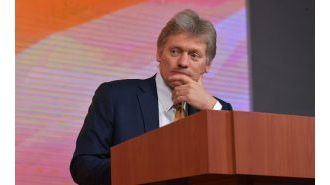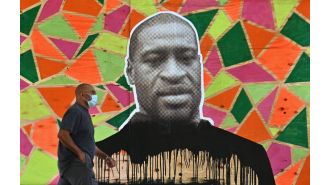Some schools stop anti-war camp after anti-Semitic claims, but protesters remain.
Students across US protest Israel-Hamas war, universities shut down encampments due to reports of antisemitic activity. Protesters want schools to cut financial ties with Israel.

In the midst of the ongoing Israel-Hamas conflict, college students in the United States are taking a stand and raising their voices in protest. However, as tensions rise and the death toll in Gaza continues to mount, these demonstrations have sparked controversy and even led to arrests.
At Northeastern University in Boston, a group of protesters set up an encampment on campus, demanding that the school cut financial ties with Israel and divest from companies involved in the conflict. But as the protest continued, reports of antisemitic activity emerged, causing the university to take action and clear the encampment with the help of police. This, in turn, sparked a counterprotest from a group chanting slogans against the war in Gaza.
The university released a statement denouncing the hate speech and antisemitic slurs used during the protest, stating that the demonstration had been infiltrated by professional organizers with no affiliation to the school. They made it clear that such hateful behavior would not be tolerated on their campus.
However, the student group responsible for the encampment, Huskies for a Free Palestine, disputed the university's account and claimed that it was actually counterprotesters who had used the offensive language. They maintained that their protest was peaceful and aimed at drawing attention to the ongoing conflict and their university's involvement in it.
Similar protests and clashes with police occurred at other universities across the country, including Indiana University and the University of Pennsylvania. At the latter, the interim president called for the encampment to be disbanded, citing violations of the school's facilities policies and reports of harassing and intimidating behavior from the protesters.
In response to these incidents, a faculty group expressed their concern over the university president's statement, stating that it included unsubstantiated allegations and misrepresented the nature of the protest. They argued that while emotions may be running high, there had been no actual violence or threats of violence on their campus.
These campus protests have sparked debates about the use of law enforcement to handle them, with some faculty members initiating votes of no confidence in their university leadership. The tension and pressure on school officials are only mounting as graduation ceremonies approach.
At the University of Southern California, the controversy over the protests led to the cancellation of the main graduation event, as well as debates over the valedictorian's speech. USC President Carol Folt addressed these issues in a statement, stating that while they support freedom of speech, the safety of their community remains their top priority.
Arizona State University also faced a similar situation, with protesters setting up an unauthorized encampment on campus. After giving them multiple chances to leave, the university eventually had to call in law enforcement and arrest those who refused to comply.
While these protests have sparked heated debates and raised concerns about the safety and well-being of students, it is clear that they are driven by a desire to bring attention to the ongoing conflict in Gaza and to make a statement against their universities' involvement in it. As the situation continues to escalate, it remains to be seen how these protests will be resolved.






